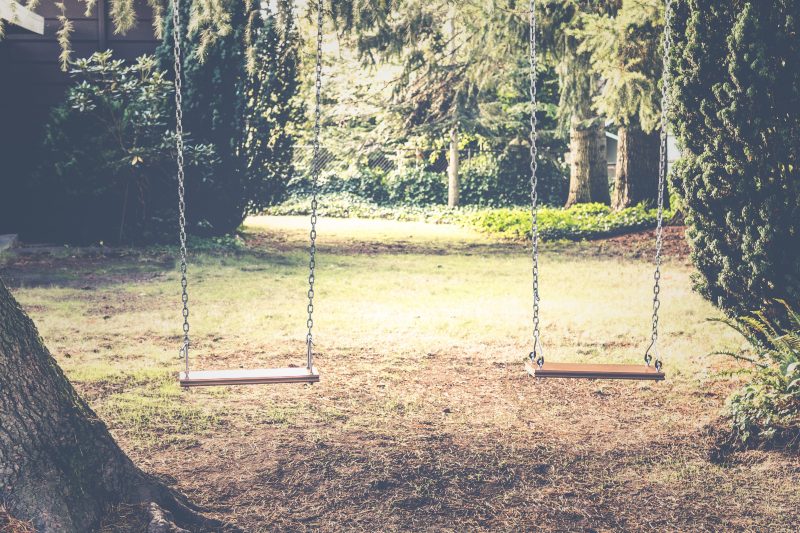
We all know that outdoor play is good for children. But can you think of any reasons for that in particular (aside from the fact that outdoor play is good fun)? Below, we’ve examined the importance of outdoor play for young children, and included a few ways you can increase the amount of time your children are spending outdoors too:
Healthy weight
With nearly 10% of children in England already obese by the time they enter their first year of primary school (and almost 20% of children in their last year of primary school), it’s more important than ever for parents to do as much as possible to ensure their children are a healthy weight. In combination with a healthy diet, regular outdoor play can help children to maintain a weight that’s healthy for their age and height by charging around, burning off calories and keeping fit.
Development
Outdoor play also helps with significant stages of a child’s development. From swinging on monkey bars and climbing up steps to carefully picking up twigs and pulling berries from trees, outdoor play helps children to develop both their gross motor skills and fine motor skills.
Sleeping habits
Studies have shown that children who receive exposure to natural light during the day sleep much better during the night – even when they’re as young as 6 to 12 weeks old. So, getting plenty of time playing outdoors helps to regulate sleeping patterns: great news for your little ones, and you!
Good mental health
In the same way that adults feel grumpy when we’re cooped up indoors all day, children feel it too. Outdoor play – with all that fresh air and ability to move freely and release endorphins – helps to improve mood… perfect if your little ones are grizzly or showing signs of grumpiness.
Healthy habits
As your children grow older, they’re only going to face more pressures and demands. So, outdoor play in their infancy can really help to form healthy habits that they’ll continue for life – it’s likely that children who spend significant amounts of time outdoors will continue to seek it out in their teenagehood and adulthood, contributing towards good physical and mental health.
Connect with nature
Outdoor play also helps children to get to know the world around them, strengthening a love of the great outdoors. Whether they’re tearing through fields of high grass or cracking fallen branches underfoot in woodland, spending time outside encourages an appreciation for nature. It’s a great way to learn about plants and animals, the weather and seasons, as well as a child’s place in a world from a scientific, historic and spiritual perspective.
As you can see, there are plenty of reasons your children should be playing outdoors. But how can you squeeze more outdoor play into your routine? Try these ideas:
- Ensure your little ones are dressed for the weather. If they have waterproof onesies to cope with rain, sleet and snow, they’ll be far more likely to want to get outdoors (and stay there) come rain or shine.
- For children who aren’t used to going for long walks will appreciate you making it fun. Try doing a nature trail, playing “I spy” or simply using your imaginations – will you be dinosaurs roaming among the trees, or are you outlaws foraging for food and shelter?
- Arrange outdoor play meet-ups with friends. You could get together in the park after school, or arrange a day out at a National Trust or English Heritage venue at the weekend – many have acres of open spaces, and some have climbing frames for children too.
- Finally, if you’re lucky enough to have outdoor space, use it. Encourage your children to play in the garden in the winter, and don’t worry about a bit of mud and rain: strip off anything soggy and dirty, then get them straight in the bath to get cleaned up.
What do you do out and about with your child?
*In collaboration with Rachael Matthews
